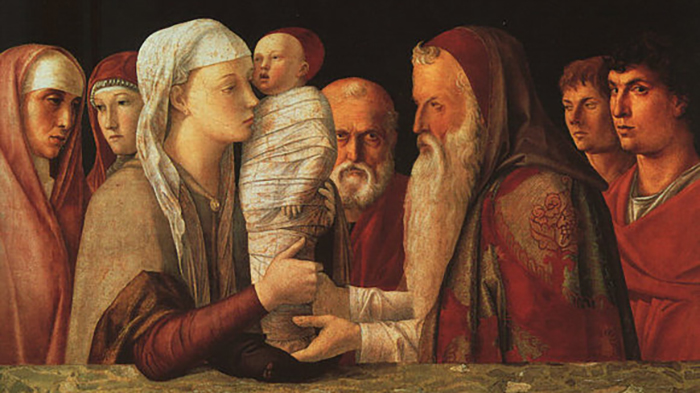
A particular Christian activist ended her presentation with words to this effect: “I work for the poor, and I do it out of my Christian faith. I’m committed to this because of Jesus, but I can go for three years on the streets without ever mentioning his name because I believe that God is mature enough that he doesn’t demand to be the center of our conscious attention all the time.” Does God mind that we don’t give him explicit attention for long periods of time? Fr. Ron Rolheiser writes that there’s an important truth here, though only if it’s sufficiently qualified. Taken as it stands, this can be used to justify too many things (spiritual laziness, selfishness, excessive self-preoccupation, culpable resistance to deeper thought, excessive procrastination with what’s important, and countless other things) that are not good. But here’s its truth: God understands! God is a loving parent who understands the inattentiveness and self-preoccupation of his children. However, because the unexamined life is less than human, we also need to have moments where we try to make God the center of our conscious awareness. We need regular moments of explicit prayer, of meditation, of contemplation, of worship, of Sabbath, of explicit acknowledgement of God and of explicit gratitude to God. We do need moments when we make ourselves consciously aware that there is a next life, an eternal one, beyond this present one. God understands that we’re human, spiritually frail, busy, and instinctually geared towards the things of this world so that we don’t naturally move towards prayer and church, and that even when we are at prayer or in church, we’re generally still distracted, tired, bored, impatient, thinking of other things, and longing for prayer and church to be over with. Coming at this from the Mennonite tradition, Kate Bowler comments on what the Church calls “Ordinary time,” that is, those times during the year when there is nothing special to celebrate, unlike the Advent, Lenten, Christmas, or Easter seasons. What happens then? Well, what happens then is that things get “ordinary”: “There is no birth at the manger or death on the cross, just the ponderous pace of people singing, praying, and keeping their kids quiet during the sermon. The magic fades and reveals the church for what it is: a plain people in a boring building who meet until kickoff.” Yes, most of the time, that’s us, plain people in boring buildings waiting for the kickoff. And God understands perfectly.[1]
[1] Excerpt from Ron Rolheiser’s “Divine Understanding” reflection, August 2019.
